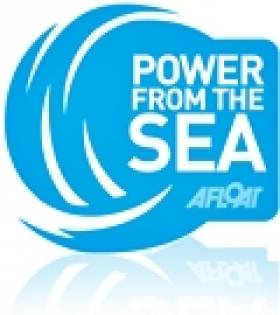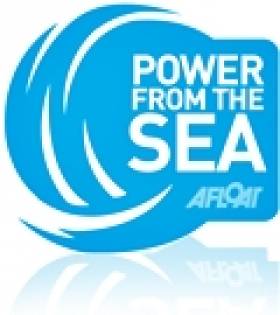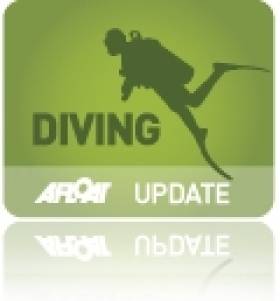Displaying items by tag: licence
Oil and Gas Firm Issued Licence to Explore Off Dalkey Island
#POWER FROM THE SEA - Irish oil and gas firm Providence Resources has been awarded a licence to explore near Dalkey Island, the Irish Independent reports.
The standard licence issued by the Department of Communications, Energy and Natural Resources lasts for up to six years, split into two three-year phases.
Providence hopes to drill at least one well during the initial phase in the Kish Bank Basin, where previous exploration drilling confirmed the presence of oil suitable for petroleum production.
The group is also applying for a foreshore licence for the purpose of well site surveys and drilling operations.
As previously reported on Afloat.ie, Providence Resources is one of the 12 companies that were awarded 13 Licensing Options between them in the 2011 Atlantic Margin Licensing Round.
The Irish Independent has more on the story HERE.
Results of 2011 Atlantic Licensing Round Announced
A total of twelve companies are involved in the thirteen awards. The companies involved include both new entrants to Ireland, together with companies already active in the Irish offshore. The seven new companies that will be offered acreage are: Antrim Energy; Bluestack Energy; Europa Oil & Gas; First Oil Expro; Petrel Resources; Repsol Exploration; and Two Seas Oil & Gas Ltd. The five companies already active in Ireland are: Providence Resources Plc; Chrysaor; Serica Energy; Sosina Exploration and San Leon Energy.
In welcoming the interest shown Minister Rabbitte said "Ireland needs to see an increase in exploration activity and exploration drilling in particular, if the petroleum potential of our offshore is to be realised. The positive outcome of the 2011 Atlantic Margin Licensing Round will help bring a new momentum to the level of exploration activity in our offshore. Ireland must continue to communicate the message to international exploration companies that Ireland is open for business and that the Irish offshore has real potential."
Ireland's Top Wreck Diving Sites
With the Lusitania expedition in the news, Saturday's Irish Times presents a guide to some of Ireland's most interesting diving sites for all levels of experience.
Though Ireland can boast an abundance of shipwreck sites, a number of them are off-limits to anyone but the hardiest expert explorers, while others require a licence from the Department of Hertiage.
But open dives are still plenty, such as the wreck of UC-42 off Roches Point in Cork, which happens to lie in a popular diving range, and the Empire Hertiage, which lies 30km off the coast of Malin Head and is regarded as one of Ireland's best wreck dives.
Among the licenced dives, the HMS Vanguard - which was tragically sunk 19km east of Bray by its sister ship Iron Duke in 1875 - is a top contender, with the summer months providing astounding visibility of the ship's 9in guns.
The Irish Times has more on the story HERE.































































